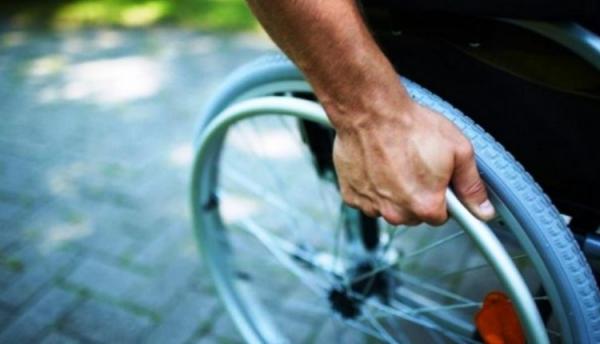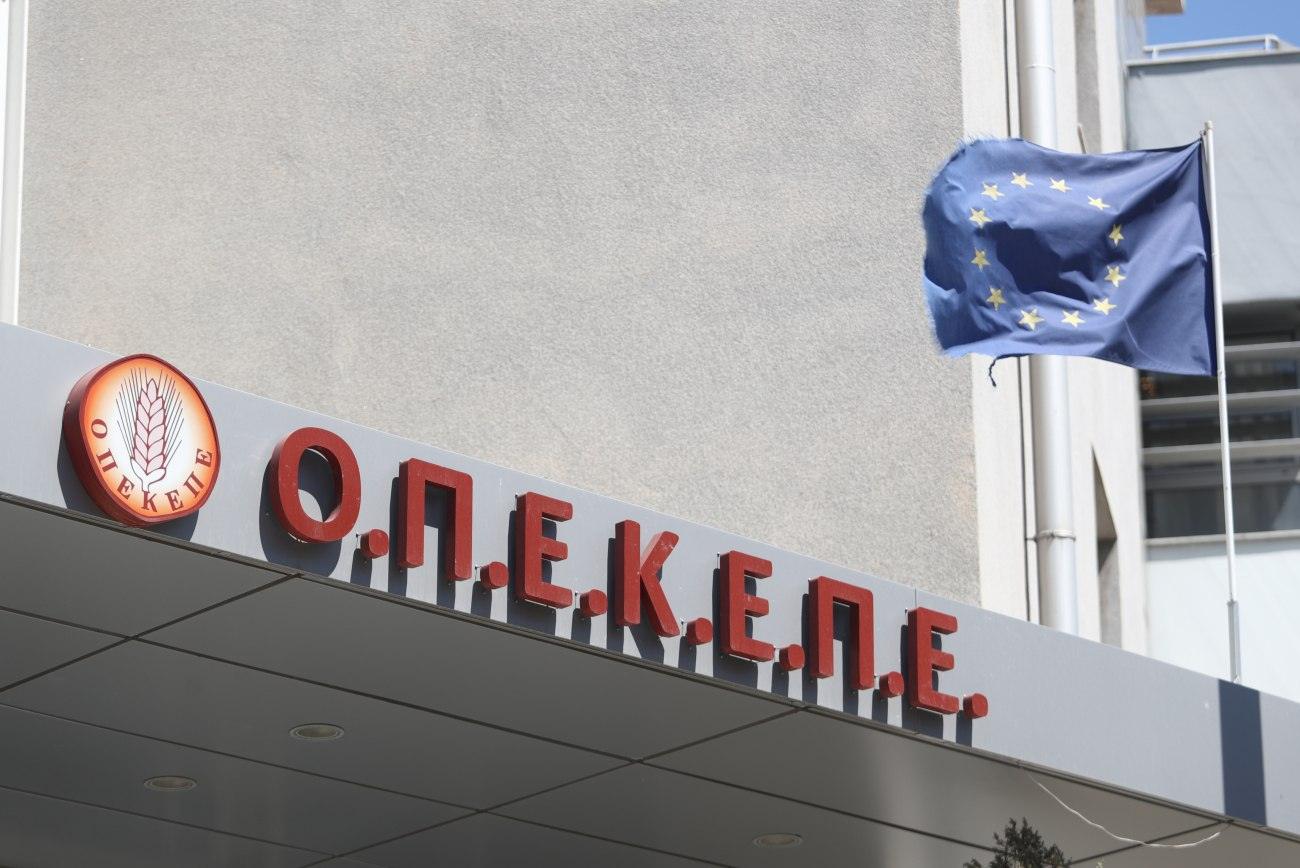Shortly before midnight and the New Year, a new negative record of coronavirus cases was recorded in Greece with 40,560 infections. According to the official announcement of public health authority EODY, another 76 of our fellow human beings died due to the deadly virus, while 627 people are struggling for their lives intubated in ICUs.
It is obvious that, as the scientists warned, the Omicron variant is “sweeping” Greece as well. In fact, experts say that we have not yet reached the peak of the new outbreak of the coronavirus.
The assessment of Demosthenes Sarigiannis
“We will all get sick mildly and it will end,” said the professor of Environmental Engineering at the Aristotle University of Thessaloniki, Demosthenes Sarigiannis, predicting that the recession of the pandemic will begin on February 20.
Mr. Sarigiannis told Open channel and Faye Mavragani that “on that date the average weekly average will be 3,500 to 4,000 cases. “Then we will have the end of Omicron with a very large part of society having become immunized.”
No complacency – On the verge 100,000 daily infections
Demosthenes Sarigiannis added, however, that there is no need for complacency, as the course of the Omicron variant is still rising and will continue unabated until January 20-21, dates when the weekly average will reach 66,000 cases.
This means that there will be days when 80,000, even 100,000 cases per day will be recorded. “In April we will have gotten rid of Omicron”, stressed the professor of Environmental Engineering at AUTh. He explained, however, that the pandemic will end is not a given, as there may be a new mutation in the virus and the nightmare may last even longer.
The measures he proposed
Demosthenes Sarigiannis characteristically stated that more ICU beds are needed and there should be cooperation with the private sector. “And to implement teleworking in a large percentage”, he added. Regarding the opening of schools, self-tests should be increased to three per week, according to the teacher.
A similar assessment by Matina Pagoni
Let us recall that the president of hospital doctors union EINAP, Matina Pagoni, emphasized yesterday, Friday, that the “normal cases”, that is, the active cases, are four times higher.
“The normal cases are not 35,000, they are over 100,000, to tell the truth, let the people know what is happening. The most certain is over 130,000 “, Mrs. Pagoni noted in her statements at the Open.
The president of EINAP also said that the hospitals are full of the previous wave, while the further increase of the cases is something “expected, we knew it, Omicron is very contagious”.
He made similar statements today on Sky channel, where he characteristically said that “Omicron” is “very contagious, the world will be full”.
Doctors and nurses are at risk
“Let the doctors and nurses be strong in the hospitals, because with so many cases, in such a high viral load that we are, imagine how easily we can get sick, in a hospital where so many people come and go,” said Matina Pagoni.
“What we are saying these days is ‘keep it strong’ so that we can deal with these cases, which can reach up to 100,000.”
“Delta” still present
The bad thing is, as experts have pointed out, that in Greece we have a double “siege” of both the Omicron variant and the Delta mutation. In fact, as the doctors point out, no one is invulnerable.
Characteristic are what Nikos Kapravelos, director of the 2nd ICU of the hospital, said about the anxious overnight efforts of the doctors to save a 16-year-old girl who suffers from coronavirus in Thessaloniki.
“We have had a very difficult year in the intensive care unit and we continue to have it. Many certainties were refuted. We did not expect at the end of 2021 to be in this emergency situation, the pressure on the health system is great… The intensive care units of our hospital are full “, stressed Mr. Kapravelos.
He then said: “We struggled all night to save a 16-year-old child, a little girl who came to us with a coronavirus and was intubated in a very bad condition. Unfortunately, three antigen tests that she did at home came out negative, the fellow doctors unfortunately underestimated the situation”.
Unfortunately she was not vaccinated
“If there are symptoms, we should worry and go to the doctors,” said Mr. Kapravelos.
The girl, he stressed, was on the verge of a heart attack with frighteningly acute hypoxia. “The struggle started from the Emergency Department, we had a hard time all night to bring it into balance, fortunately she reacted to the positive pressures and because of the respirators we used she is already in better condition, but we were impressed by the fact, we were afraid that it was Omicron, but it is Delta.”
“They delayed bringing the girl to the hospital because with the antigen tests they thought it was a common cold. Hypoxia in a 16-year-old did not show such a negative image, when of course it reached a crucial point, fortunately we caught it;” That’s why a lot of attention is needed.”
“She is OK. She responded to the treatment. When a 16-year-old is in danger, the whole country is in danger. Unfortunately, the child was not vaccinated”, clarified Mr. Kapravelos.



































